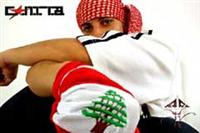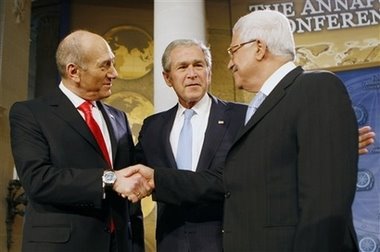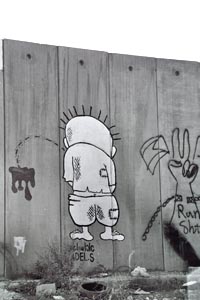
Last year was tough, but lots of courageous things happening in Iran, Egypt, Palestine, Lebanon, France, England and right here in NYC, so it's time to get some perspective and stay uplifted thanks to Outlandish:
let's not cry tonight, I promise you one day it's through
my brothers, my sisters,
shine a light for every soul that ain't with us no more
my brothers, my sisters
As the great African liberation leader Amilcar Cabral, murdered by colonialism, said, "tell no lies; claim no easy victories". God bless all the freedom strugglers in the Middle East, Europe, America, Canada, and beyond, surviving and fighting white supremacy worldwide inshallah.

Speaking of super group Arab Summit: here's Part 1 and Part 2 of a recent interview with Davey D talking about their album, Fear of an Arab Planet. Claiming a lineage with Public Enemy, and through that the history of Black Power, should tell us a lot about where the struggle should be going. Here's another interview over at Electronic Intifada.
One more hip hop note. Long time coming documentary, Slingshot Hip Hop, on Palestinian originators DAM, Arapeyat and others, directed by NYU's own Jackie Reem Salloum, is finally coming out. Although parts of it were presented at the Other Israel film festival this last Fall, it will hit theaters after its run at Sundance last week.
There's a release party on February 8th for Slingshot Hip Hop at the Knitting Factory with DJ Kayper, GC and The Soul Mafia, and Erika Rose as part of Israeli Apartheid Week here in NYC. Check it out. Read More










